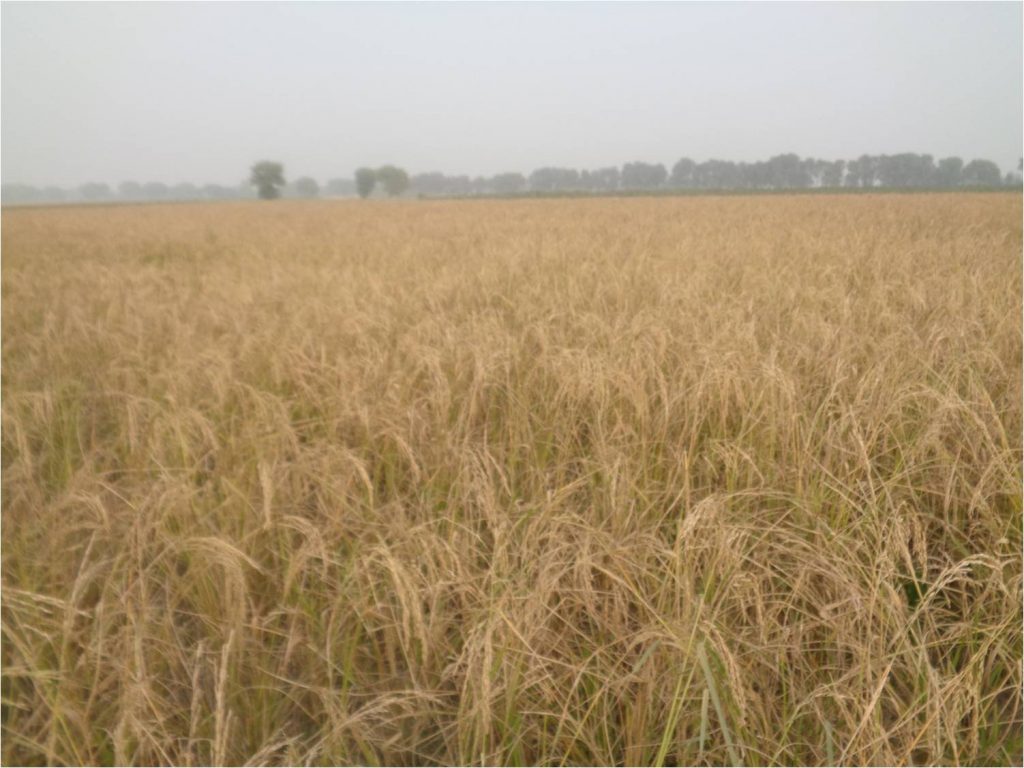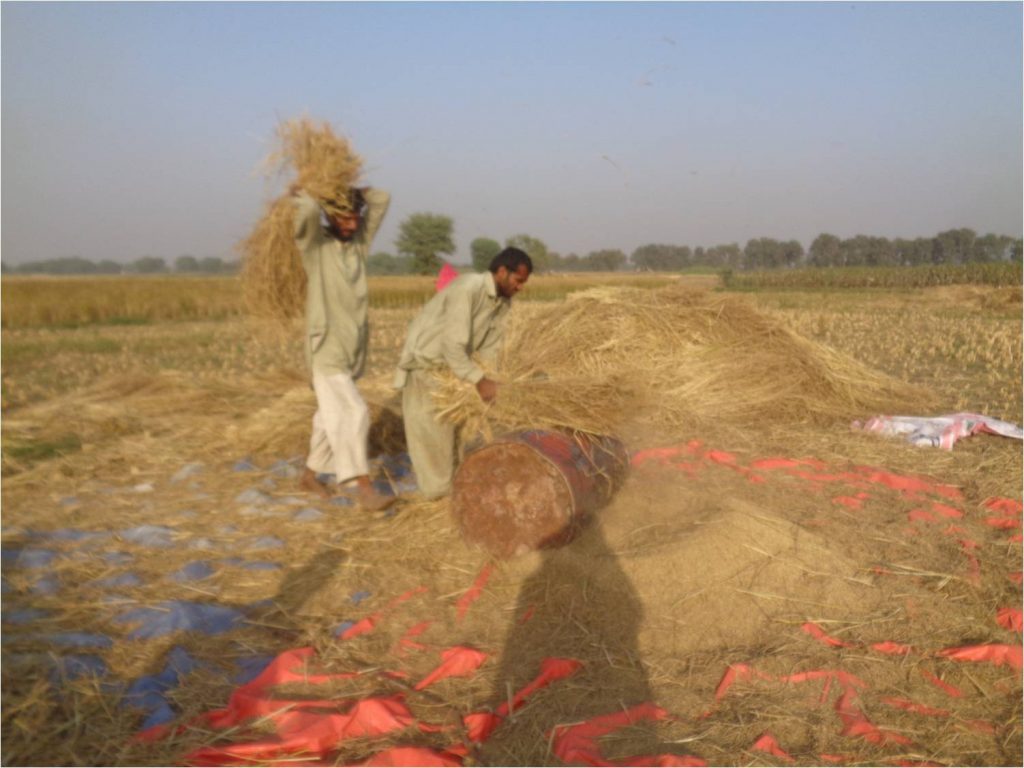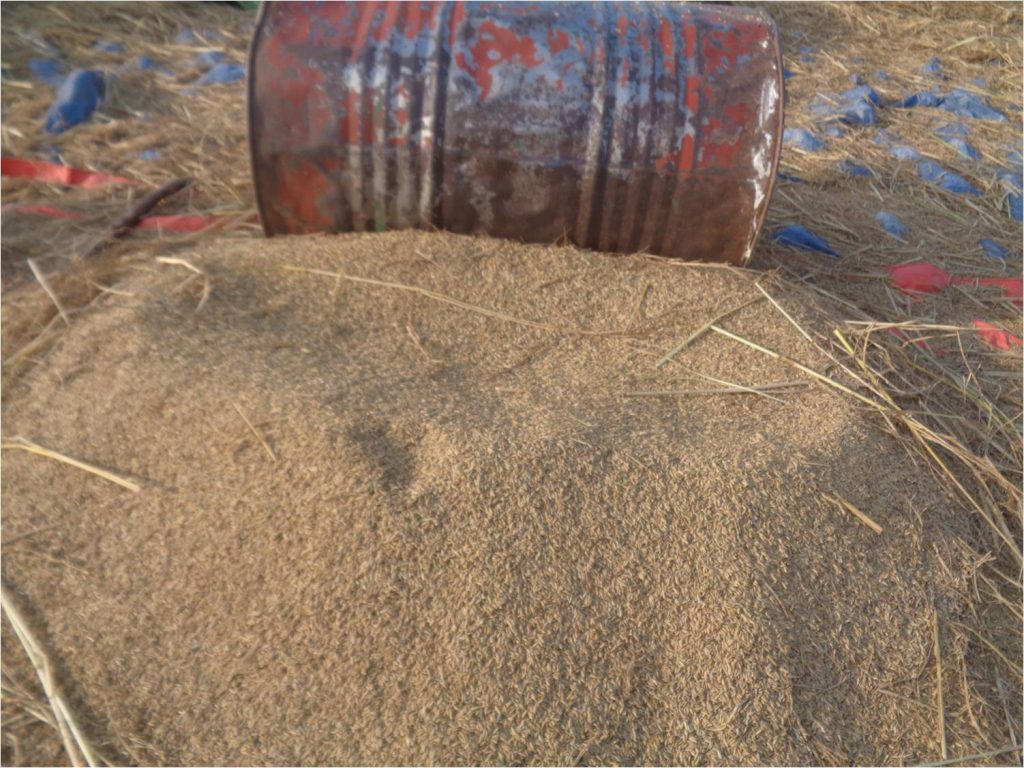Business Recorder, 30 November 2016
Tahir Amin
ISLAMABAD: The government has decided to invite foreign seed companies to overcome cotton seed shortage and increase yield after getting legal protection through proposed “Plant Breeders’ Right Bill.”
The Senate last week passed the ‘Plant Breeders’ Right Bill’ and with the adoption of the bill by both Houses of the Parliament, it will become Plant Breeders’ Rights Act of 2016 after the President’s assent. The development of new plant varieties and the rights of their breeders have been protected for the first time in Pakistan under the proposed legislation.
The Plant Breeder Right Act has been remained pending for the last 11 years. In the absence of this legislation, dealers/companies had no legal protection. Only first generation of BT cotton is available in the country, while the second and the third generations are yet to be made available. However, officials said that proposed legislation would provide level playing field; thus encouraging seed companies to develop the latest cotton seed in the country.
Secretary Ministry of Textile Industry Hassan Iqbal on Tuesday chaired a meeting on cotton seed issue which was attended by Secretary Punjab Agriculture department and director generals of other provinces to finalise modus operandi for inviting foreign companies including Monsanto to overcome certified cotton seed shortage.
Director General Federal Seed certification and Registration Department (FSC&RD) briefed the meeting on availability and issues related to seed.
The Secretary Punjab briefed the House about various activities undertaken by the department for bringing discipline in Agriculture and Seed industry in the province. Federal Secretary appreciated the activities of Punjab government and expressed all possible support to Punjab government and private sector for strengthening of cotton sector.
Chairman Seed Association of Pakistan (SAP) Chaudhry Asif Ali raised some concerns over plans of Punjab government while both parties were advised by the Chair to interact in detail and develop consensus on various issues.
Currently, around 50 percent carried seed was available in the country which was not meeting the requirement and negatively affecting cotton production, a senior official revealed to Business Recorder here on Tuesday. The participants also decided that foreign companies would be allowed only to provide genes while seed would be developed locally.
The official said the proposed legislation would encourage plant breeders and seed organisations of both public and private sectors to invest in research and plant breeding; development of superior varieties of field, vegetable and ornamental crops; and facilitate access to protected foreign varieties and new technologies.
Currently, only Bollgard-I is available in Pakistan, however the move would help in introducing Bollgard-II and Roundup Ready Flux (RRF).
The sources further said that Ministry of Climate Change officials assured the participants that all the pending issues before the National Bio-safety Committee (NBC) regarding Genetically Modified Organism (GMO) would be resolved soon.
http://epaper.brecorder.com/2016/11/30/7-page/823818-news.html







